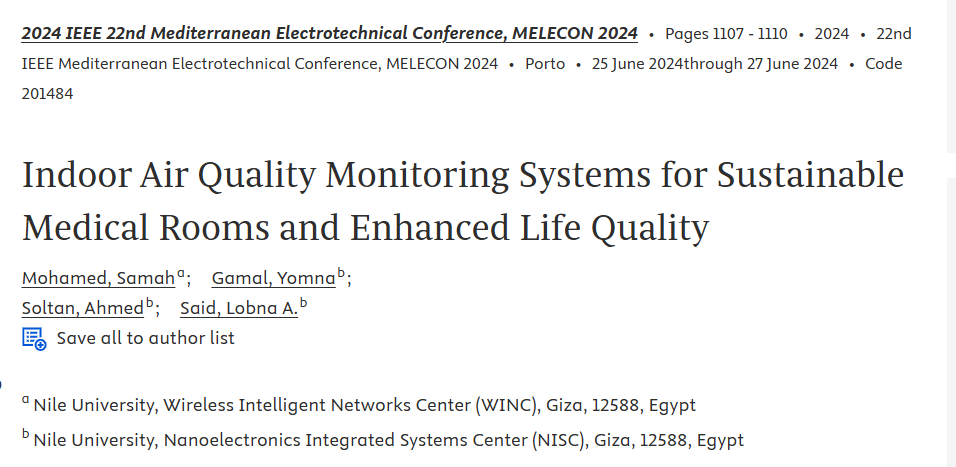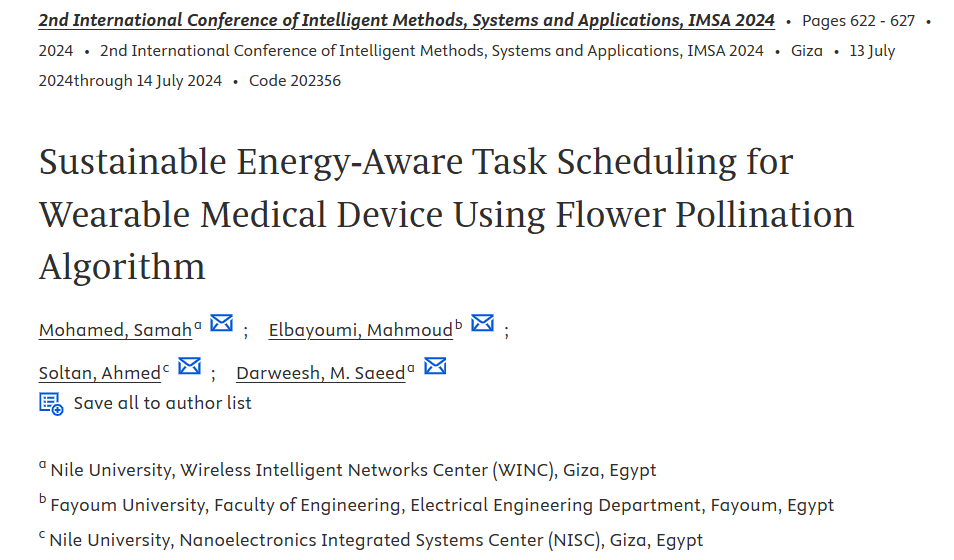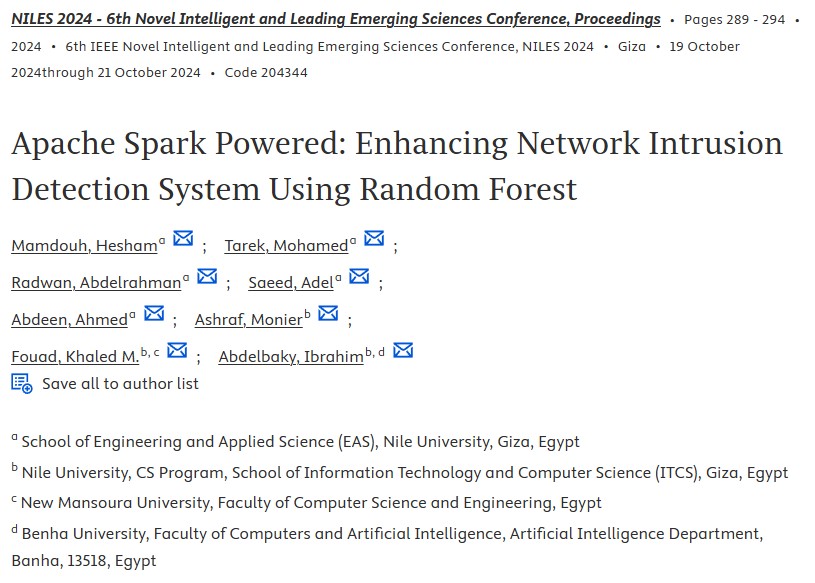Cooperative D2D communication in downlink cellular networks with energy harvesting capability
Device-to-Device (D2D) communications have been highlighted as one of the promising solutions to enhance spectrum utilization of LTE-Advanced networks. In this paper, we consider a D2D transmitter cooperating with a cellular network by acting as a relay to serve one of the cellular users. We consider the case in which the D2D transmitter is equipped with an energy harvesting capability. We investigate the trade-off between the amount of energy used for relaying and the energy used for decoding the cellular user data at the relaying node. We formulate an optimization problem to maximize the cellular user rate subject to a minimum rate requirement constraint for the D2D link. Moreover, we consider the case when receiving nodes are equipped with successive interference cancellation (SIC) capability and investigate the effect of using SIC on our proposed system performance. Finally, we show via numerical simulations the benefits of our cooperation-based system as compared to the non-cooperative scenario. © 2017 IEEE.




